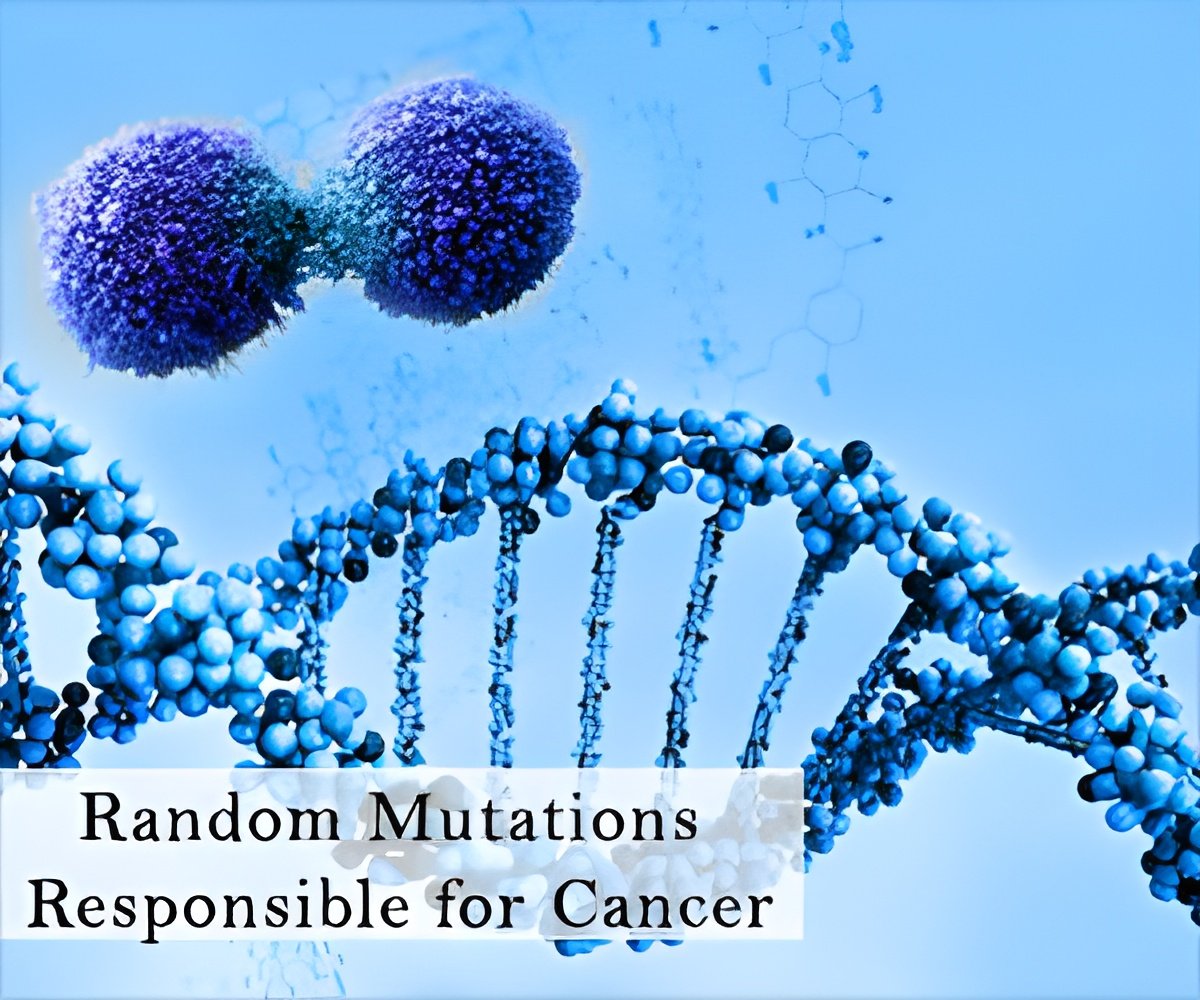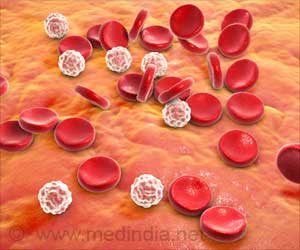
‘Liquid biopsies aim to fish out DNA molecules specific for cancer amid a wide sea of normal DNA circulating in the blood.’
Tweet it Now
The findings, publishing in the journal Clinical Cancer Research on Oct. 2, show that 45 percent of patients with more than three genomic alterations (specifically, variants of unknown significance) detected in the tumor DNA that circulates in the bloodstream -- known as ctDNA -- responded to checkpoint inhibitor-based immunotherapy. Patients with fewer alterations had a 15 percent response. "Checkpoint inhibitor immunotherapy is exciting, but it is currently given to patients with all types of cancer, and most of the time it is not known if it will result in a response," said Razelle Kurzrock, MD, director of the Center for Personalized Cancer Therapy at UC San Diego Moores Cancer Center and senior author of the study.
Patients with a high number of alterations also had longer progression free survival, or the period of time in which a patient lives with cancer without it advancing. Those who responded to immunotherapy at two months and had high numbers of genomic alterations in the blood had a median response last nearly two years.
"Considering that many of these patients had advanced disease that was resistant to many other therapies, this result is impressive," said Kurzrock.
Study findings mirror what has been previously described in genomic testing of tissue samples. However, in this report, the result was obtained from a small tube of blood without a tissue biopsy.
Advertisement
"Tumors that have the most mutations, and used to be considered the worst tumors, are now considered the best cancers in that they are the most amenable to treatment with immunotherapy," said Kurzrock.
Advertisement
"We can take a simple blood sample, which is less painful, less expensive and can be repeated to determine who is at an increased chance of response to immunotherapy," said Kurzrock. "This technology opens up a whole new approach to immunotherapy."
A liquid biopsy is a diagnostic tool based on the idea that critical genetic information about the state of disease can be found in blood or other fluids. One vial of blood could be used to detect the onset of disease, monitor its progression and measure its retreat less invasively than a tissue biopsy.
Kurzrock is already using liquid biopsy technology in the Profile Related Evidence Determining Individualized Cancer Therapy (PREDICT) clinical trial -- a project focusing on the outcome of patients who have genomic testing performed on their tumors and are treated with targeted therapy.
The authors suggest larger studies are needed to corroborate that blood-based liquid biopsy can be used as a viable, noninvasive, predictive biomarker for response to checkpoint inhibitor-based immunotherapy across a variety of cancer.
Source-Eurekalert















